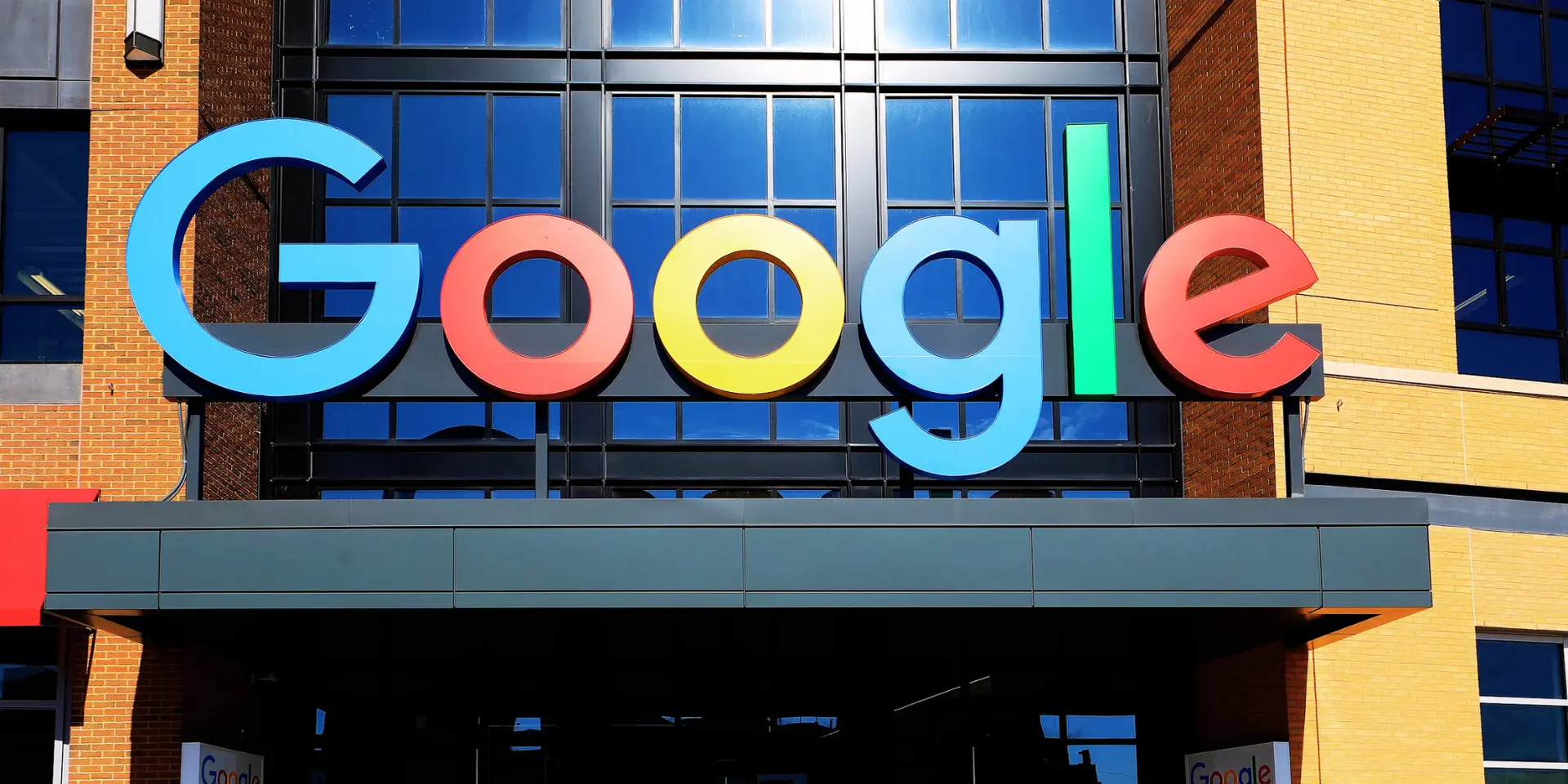Google Partners with Indian Start-Up Varaha for Largest Biochar Deal Ever!
Google partners with Varaha to purchase 100,000 tons of biochar carbon credits by 2030, marking a major milestone in carbon removal innovation.
In a groundbreaking move for climate action, tech giant Google has inked its largest biochar carbon removal agreement to date with Indian start-up Varaha. This landmark deal, announced on January 16, 2025, marks a significant step forward in the fight against climate change and highlights the growing importance of innovative carbon removal technologies.
The Deal: 100,000 Tons of Carbon Dioxide Removal
Google has committed to purchasing 100,000 tons of carbon dioxide removal credits from Varaha by 2030. This agreement represents the largest biochar-based carbon removal transaction in history, surpassing previous deals in both scale and ambition.
What is Biochar Carbon Removal?
Biochar carbon removal is an innovative negative emissions technology that involves producing biochar through the pyrolysis of residual biomass. This process creates a stable form of carbon that can be stored in soil or durable materials for hundreds to thousands of years, effectively removing CO2 from the atmosphere.
Varaha: Pioneering Biochar Production in India
Varaha, a New Delhi-based climate tech start-up, stands at the forefront of biochar production in India. The company's innovative approach involves:
- Using invasive plant species as feedstock
- Employing high-temperature pyrolysis
- Applying the resulting biochar to agricultural soils
Varaha's project in Gujarat not only removes carbon from the atmosphere but also helps combat the spread of invasive species and restore native grasslands.
The Impact: Beyond Carbon Removal
This deal goes beyond mere carbon sequestration. It promises a range of co-benefits, including:
- Improved soil fertility
- Enhanced water retention in soils
- Increased crop yields
- Support for smallholder farmers
Madhur Jain, CEO of Varaha, emphasised the potential for scaling up, stating that they can "easily reach the target of 100,000 tons of biochar by 2030".
Google's Climate Commitments
This agreement aligns with Google's ambitious climate goals. The tech giant aims to achieve net-zero emissions across all its operations and value chains by 2030. In 2023, Google reported total greenhouse gas emissions of around 14.3 million tons of CO2 equivalent, a 13% increase from the previous year.
The Rise of Biochar in Carbon Markets
Biochar is rapidly gaining traction in the carbon removal market. In 2022, biochar carbon removal accounted for 87% of all delivered carbon removals. Its cost-effectiveness and immediate climate impact make it an attractive option for companies seeking to offset their emissions.
Challenges and Future Outlook
While the potential of biochar is significant, scaling up production to meet global climate goals remains a challenge. However, with increasing investment and technological advancements, the biochar industry aims to remove up to 2.8 GtCO2 per year by 2050.
A Step Towards a Sustainable Future
Google's partnership with Varaha represents a significant milestone in the journey towards a more sustainable future. By investing in innovative carbon removal technologies like biochar, tech giants are playing a crucial role in driving the transition to a low-carbon economy.
As Randy Spock, Google's Carbon Removal Lead, stated, "We're purchasing these 200,000 tons to help Google achieve our net zero emissions goal – and start to catalyse biochar production toward a scale that can help the planet mitigate climate change".This deal not only sets a new benchmark for corporate climate action but also paves the way for further innovation and investment in the rapidly growing field of carbon removal technologies.







